If you’re an avid solo traveller, you could probably give me a long list of why you love it.
But if you could pick your number 1 reason why you choose to go on solo trips, what would that be?
My answer:
Freedom.
There’s only one problem though:
Having the freedom to do as you wish doesn’t guarantee you will have a joyful and happy experience abroad.
Today I’m going to focus on how we become more free and authentic while solo, and how we can focus our mindset so that we are geared up to have a more meaningful and positive experience—no matter where you travel to!
If you prefer to watch and listen you can check out my Youtube channel. If any of this content speaks to you, please leave me a comment, and share with another like-minded traveller 🙂
Beautiful Places Don't Guarantee Happiness
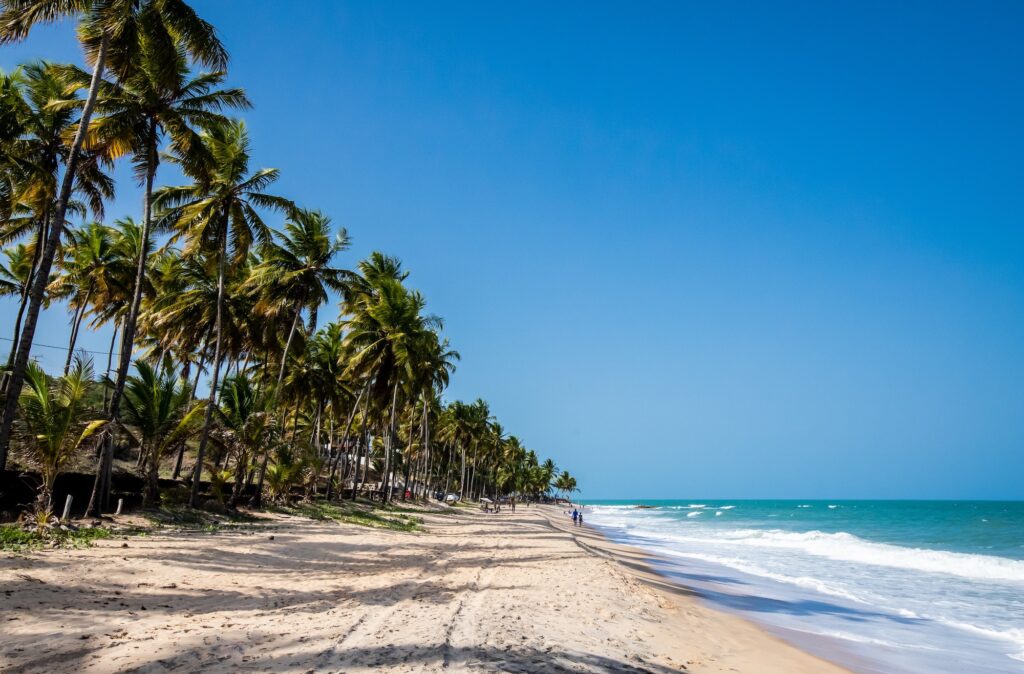

The idea of a white sand beach and sunshine may seem like an instant recipe for happiness for most of us.
But have you ever been on vacation, in a beautiful place, and at some point find yourself in an argument with a friend, or caught up in thoughts of problems from work or home?
We’ve all been there.
The truth is, our happiness is less dependent on our surroundings than we realize.
I’m going to be sharing an excerpt from The Art of Travel (Alain de Botton, 2002) to help explain this further like I have in the previous blog about the traveller’s mindset.
Our capacity to draw happiness from aesthetic objects or material goods in fact seems critically dependent on our first satisfying a more important range of emotional or psychological needs, among them the need for understanding, for love, expression and respect.
Thus we will not enjoy—we are not able to enjoy—sumptuous tropical gardens and attractive wooden beach huts when a relationship to which we are committed abruptly reveals itself to be suffused with incomprehension and resentment.
If we are surprised by the power of one sulk to destroy the beneficial effects of an entire hotel, it is because we misunderstand what holds up our moods. We are sad at home and blame the weather and the ugliness of the buildings, but on the tropical island we learn (after an argument in a raffia bungalow under an azure sky) that the state of the skies and the appearance of our dwellings can never on their own either underwrite our joy or condemn us to misery.
(Alain de Botton, 2002)
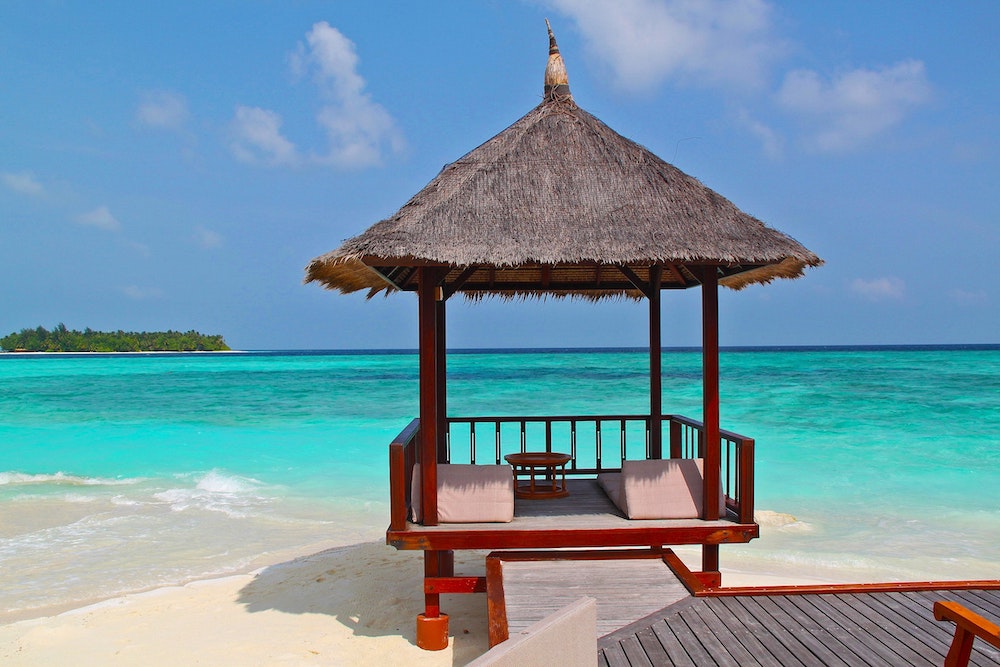

There is a contrast between the vast projects we set in motion, the construction of hotels and the dredging of bays, and the basic psychological knots that undermine them.
How quickly may the advantages of civilisation be wiped out by a tantrum.
The intractability of the mental knots points to the austere, wry wisdom of those ancient philosophers who walked away from prosperity and sophistication and argued, from within a barrel or a mud hut, that the key ingredients of happiness could not be material or aesthetic but must always be stubbornly psychological—a lesson that never seemed truer than when M. and I made up at nightfall, in the shadow of a beachside barbecue whose luxury had become a humbling irrelevance.
(Alain de Botton, 2002)
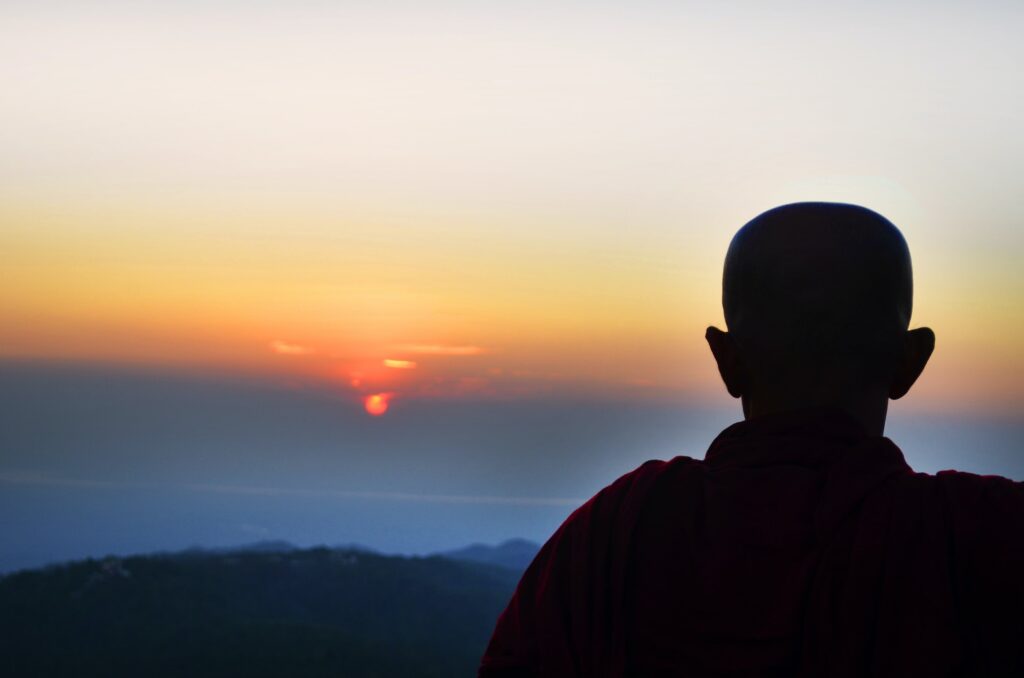

I mentioned this briefly in my last blog, but I want to elaborate it again here.
Getting on a plane, and planting our bodies thousands of miles away from home (and whatever issues reside there) does not make problems disappear.
Beautiful places may serve as a distraction (temporarily), but they will not be able to guarantee happiness or a fulfilling experience.
We can’t escape our mental burdens.
Trust me, I’ve tried.
I also love how De Botton references the ancient philosophers.
Reminding ourselves of these people is useful when our minds trick us into thinking a certain material object, or circumstance will provide us with happiness.
Again, aesthetically pleasing places may serve as a temporary distraction, but they can’t permanently rid ourselves of anxiety or negative feelings.
A change in our mindset is the first step to having a meaningful and joyful experience—read about that here. I’ll be expanding on this in a minute…
Solo Travel Allows for Authenticity


I promised we would talk about solo travel and here it is.
So what do I mean by the freedom you have being a solo traveller?
Here’s what De Botton shares on this:
It seemed an advantage to be travelling alone. Our responses to the world are crucially moulded by the company we keep, for we temper our curiosity to fit in with the expectation of others.
They may have particular visions of who we are and hence may subtly prevent certain sides of us from emerging. ‘I hadn’t thought of you as someone who was interested in flyovers,’ they may intimidatingly suggest.
Being closely observed by a companion can also inhibit our observation of others; then, too, we may become caught up in adjusting ourselves to the companion’s questions and remarks, or feel the need to make ourselves seem more normal than is good for our curiosity.
But alone in Hammersmith in the middle of a March afternoon, I had no such concerns. I had the freedom to act a little weirdly. I sketched the window of a hardware shop and word-painted the flyover.
(Alain de Botton, 2002)
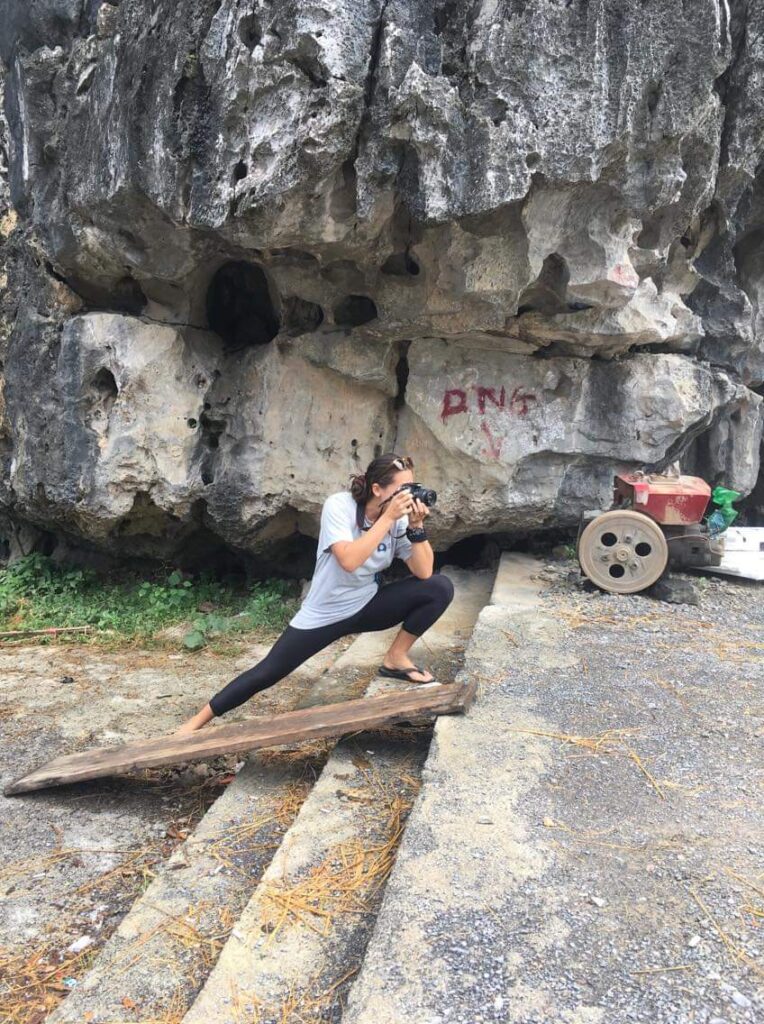

If I had to pin point my FAVOURITE thing about travelling solo…
This is it:
Having the freedom to act and react however I choose to my surroundings, without second guessing myself or worrying about someone else’s thoughts.
Perhaps you might argue you do act authentic and true to yourself with a particular person.
Or maybe you’re thinking, “Dee, I don’t care what other people think, I always do what I want and feel like.”
I agree, there are some travel buddies I’ve met and spent time with, that I do feel quite like myself and very free with. At the same time I still notice a difference with how I feel with other people, compared to how I feel and experience things on my own.
I challenge you to test this theory out for yourself. Chances are you will notice a difference as well.
The Danger of Using Travel as an Escape
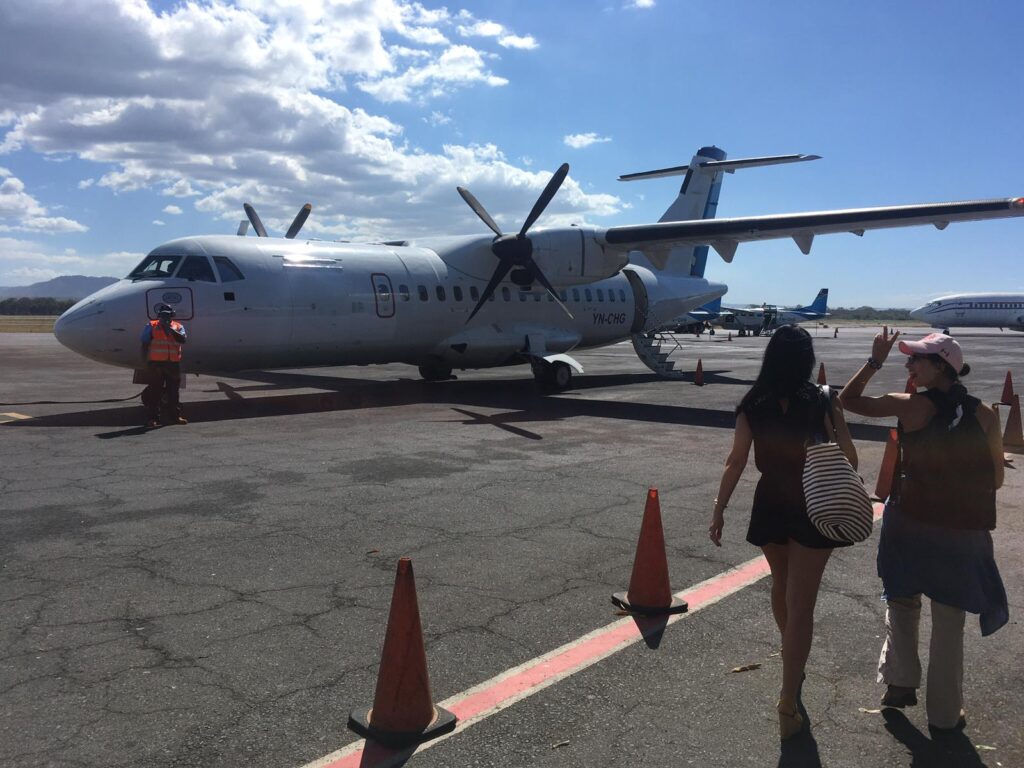

To finish off this discussion I want to talk about the difference between using travel as an escape vs. travelling as a way to acquire experience.
A few weeks ago I shared some excerpts from another book, Full Tilt (Dervla Murphy, 1965) to talk about the difference of poverty and simplicity.
I want to highlight Murphy’s thoughts here in regards to different types of travellers and their aims.
Today I met a twenty-five-year-old American boy in the Museum who was typical of a certain category of youngster—European, Commonwealth and American—I’ve met all along the route.
To them, travel is more a going away from rather than a going towards, and they seem empty and unhappy and bewildered and pathetically anxious for companionship, yet are afraid to commit themselves to any ideal or cause or other individual. I find something both terrifying and touching in young people without an aim, however foolish or even wrong it may be. This young man was pleasant and intelligent but wasting himself and resentfully conscious of the fact.
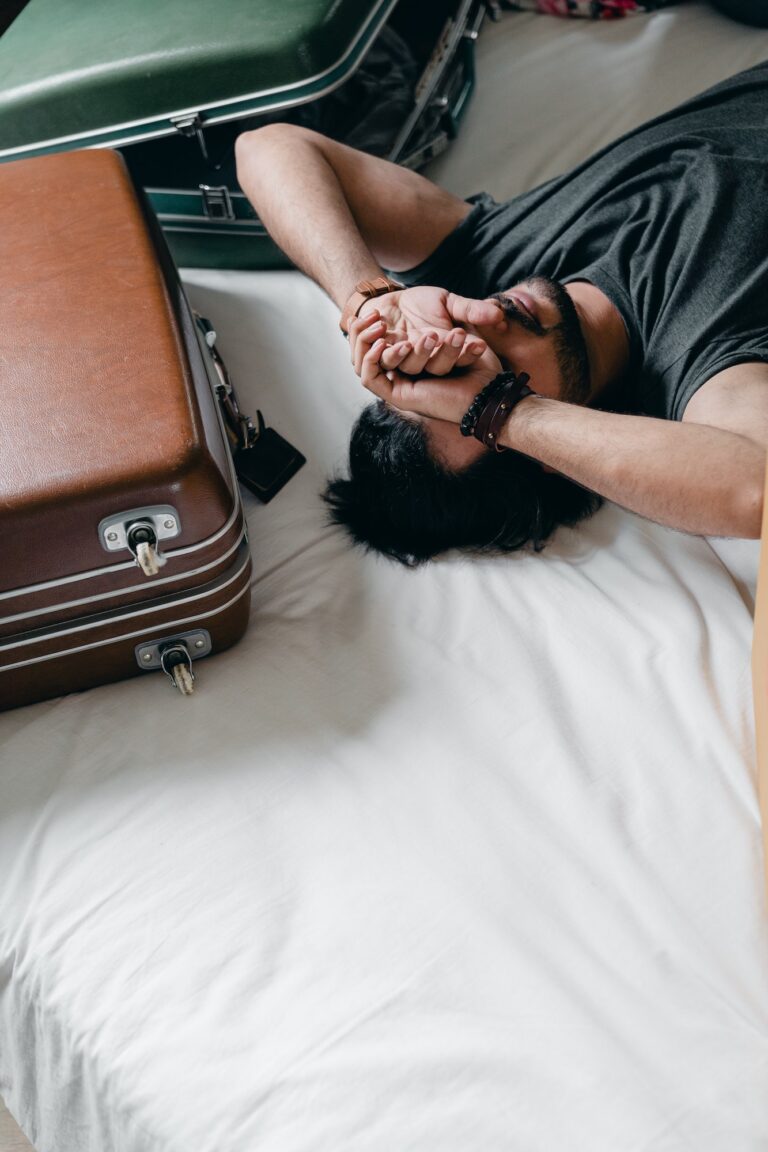

He doesn’t want to return home in the foreseeable future, yet, after two years of it, is weary of travelling, probably because he always holds himself aloof from the people he travels among—not through hostility or superiority but through a strange unconsciousness of the unity of mankind.
If this something else our age does—on the one hand make communication easier than ever before, while on the other hand widening the gulf between those who are ‘developed’ and those who are not?
(Dervla Murphy, 1965)
This is one of my all time important mindset reminders for solo travel.
The difference between going away or going towards, might be the most important mindset in helping us have a meaningful travel experience.
Murphy talks about having an ‘aim’, but try not to think about this so dramatically.
I understand for a lot of us, we might not have any righteous aim in travelling abroad—that’s fine!
What I do think is important is making sure we are travelling with a positive frame of mind, rather than focusing on escaping or placing distance between ourselves and our problems back home.
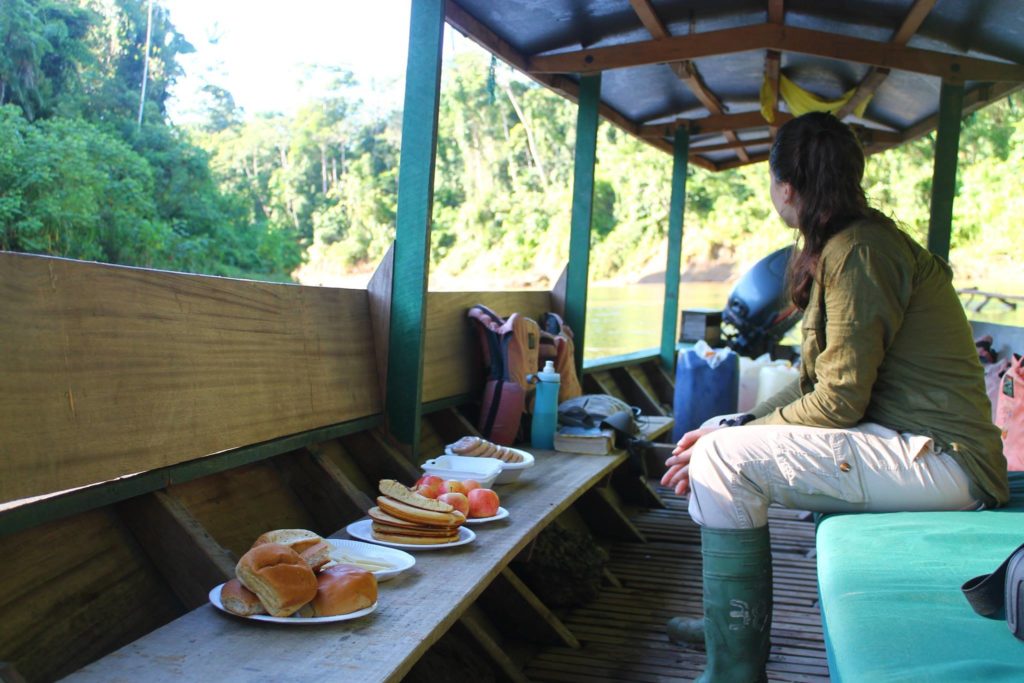

I’ve met countless people like Murphy describes.
Some say, “I’ll go home once my savings run out, but I’m leaving again first chance I get.”
Or, “There’s not much going for me back home, so I’m stretching out my travels as far as I can.”
Their attitude shows a focus on escaping whatever life is for them back home, rather than a focus on experiencing new places and people.
There’s one big problem I see with this attitude:
If our aim is escaping, then we are not in the proper mindset to absorb and appreciate the experiences travel presents us with.
So before you plan your next adventure, I challenge you to think about any personal issues which might be egging you on to leave. Before you leave, try and address them or sort them out.
With burdens removed, we are better prepared to focus on having a meaningful and fulfilling experience.
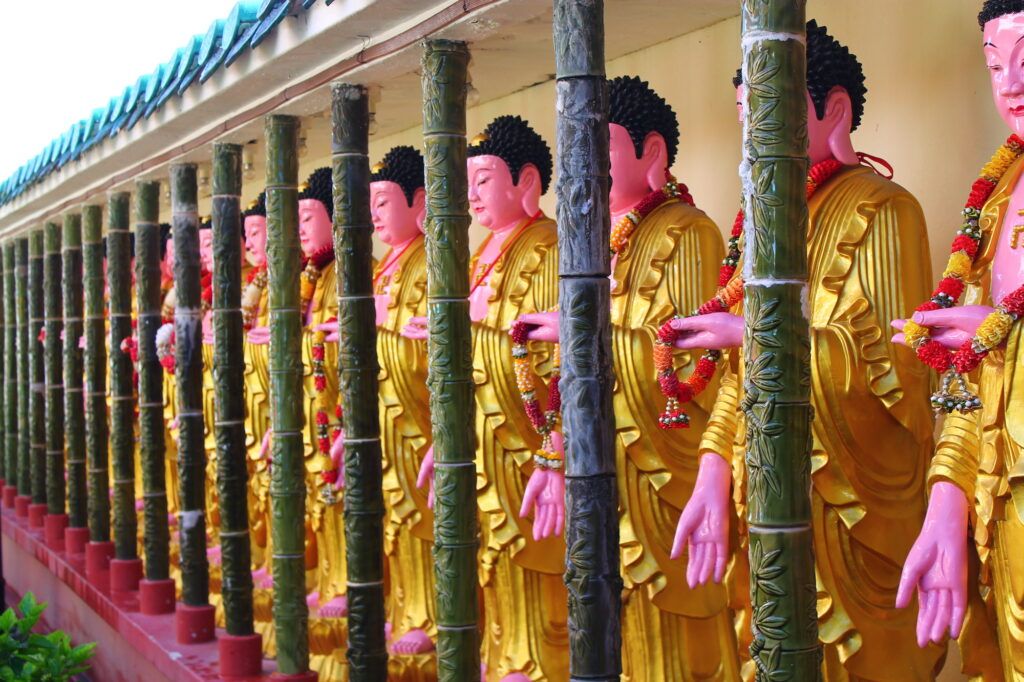

That’s all I will be covering in today’s blog.
If you found what I shared insightful and interesting please share with someone else who could benefit from it.
Do you have an idea you want to add to this? Leave a comment below to share your wisdom or personal stories!
You can also check out my Facebook and Instagram pages for more regular content like this!
Remember to subscribe to my email list to stay up to date on future solo travel wisdom.
Thanks so much for reading today, I wish you all the best in your future travel adventures!
Much love,
Dee

